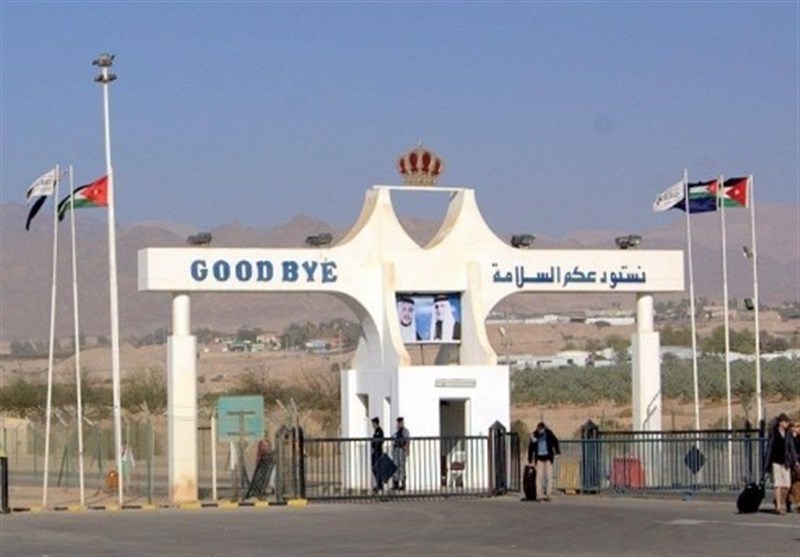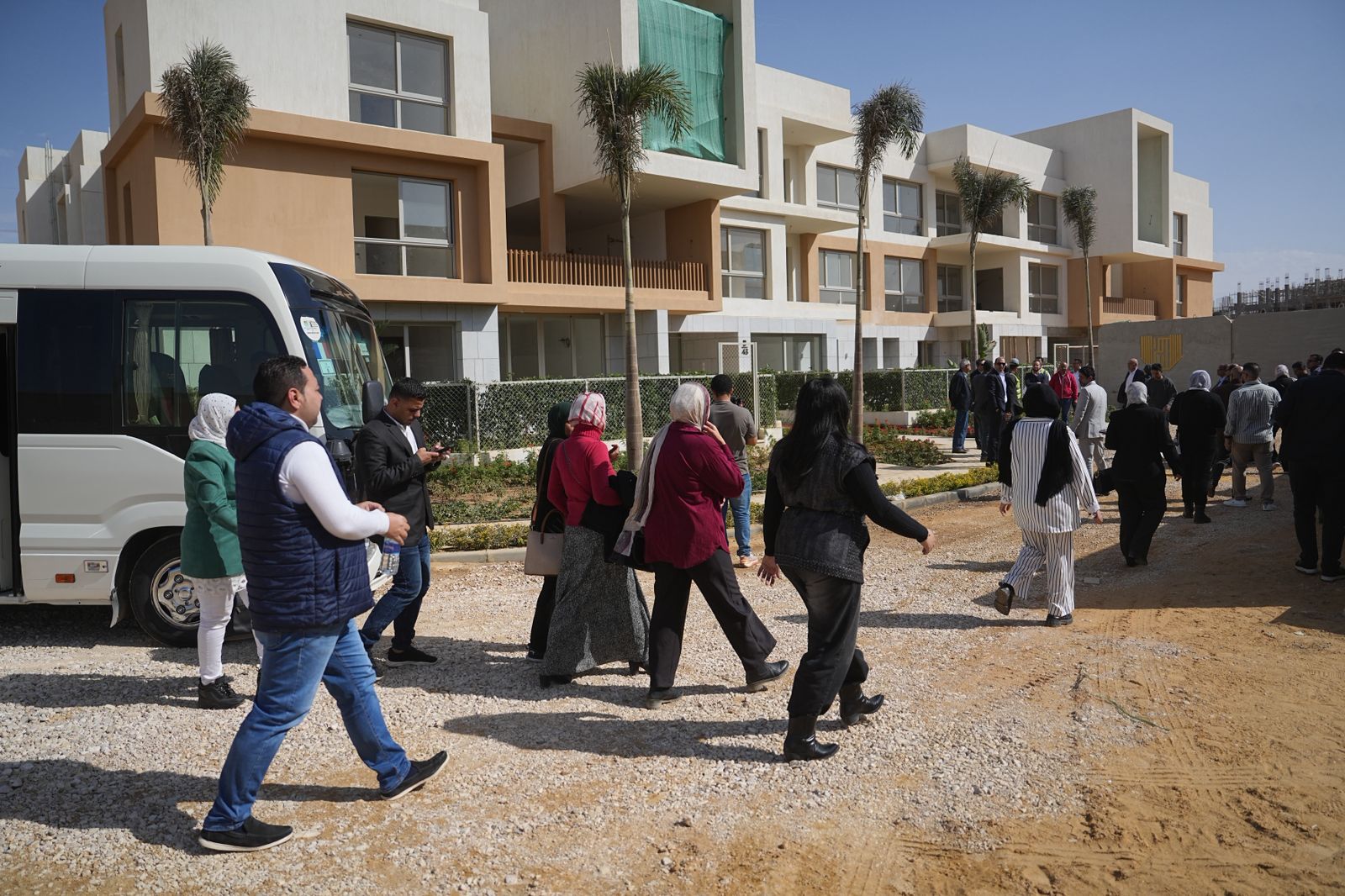Dubai- Massader News
Jordan on Sunday resumed its land border traffic with Syria, following a more than month-long closure, after applying new rules to prevent truck drivers spreading the novel coronavirus into the kingdom, officials and businessmen said, according to Reuters.
They said authorities imposed back-to-back handling of goods to ensure Syrian, Lebanese truck drivers and others entering the kingdom maintain a social distance from Jordanian customs officials.
Officials said in mid-August they had to close the crossing, the main gateway for goods from Lebanon and Syria to the Gulf, after dozens of infections among border officials linked to a spike in cases in neighbouring Syria.
Before the decade-old conflict in Syria, the Nasib-Jaber crossing was also a transit route for hundreds of trucks a day transporting goods between Europe and Turkey and the Gulf in a multi-billion dollar annual trade.
The closure hit trade that had already shrunk because of the impact of COVID-19 and the Caesar Act – the toughest U.S. sanctions yet that came into force in June and prohibited foreign companies trading with Damascus.
“We have had millions of dollars of losses as a result of the closure,” said Mohammad al Daoud, the president of the Jordanian Truck Owners’ Association that represents over 17,000 trucks.
The country’s other land crossings with Saudi Arabia, Israel and the Palestinian territories have been only open for commercial goods since a lockdown in March to stem the pandemic.
Syrian authorities said 70 trailers carrying, mostly fresh produce, entered Jordan on Sunday, including transit cargo heading to Gulf markets and Iraq.
While the crossing was closed, Syria’s only normally operating frontier crossing had been with Lebanon, which itself has no other functioning land borders.
Lebanon was also hit hard by the closure. It relies on the crossing for overland connections to all other countries because its only other frontier is with Israel, with which it has no ties.
“This crossing is an economic lifeline for all our land exports,” said Ibrahim al Tarshishi, the head of the Lebanese farmers’ association.











